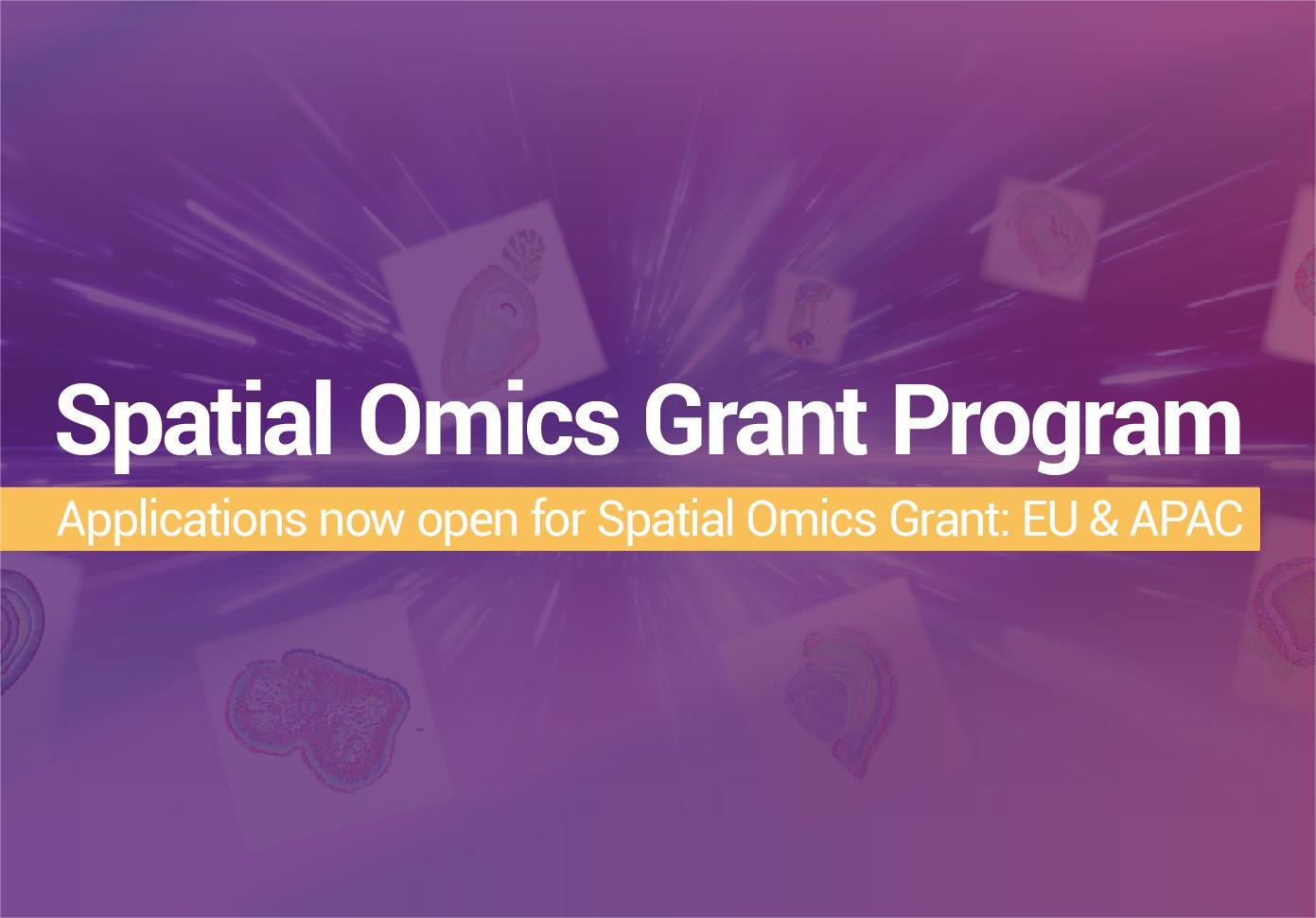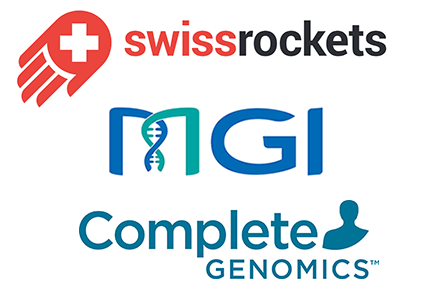MARCO ISLAND, FL, February 26, 2020 – Early users presented data on MGI's new CoolMPS™ antibody-based sequencing chemistry and on the company's DNBSEQ™ platform this week at the Advances in Genome Biology and Technology (AGBT) annual conference. MGI recently announced commercial availability of its sequencing instruments and reagent kits in the United States based on the innovative CoolMPS™ sequencing chemistry, starting in April of this year.

At AGBT, MGI hosted technology talks with collaborators to share results based on MGI's DNBSEQ-G400 sequencer.
Dr. Nik Matthews, Genomic Manager of the Tumour Profiling Unit at the Institute of Cancer Research in the UK, used the new CoolMPS antibody-based sequencing chemistry in comparison with MGI's existing chemistry for WGS.
"It completely blew me away," he said when he took his first look at the data compared to standard MPS. Changing only the chemistry to CoolMPS improved Q30 scores and reduced errors, which he likened to "getting a lot more data by doing pretty much nothing. That's pretty cool."
Another technology talk was given by Dr. Steven Jones, Co-Director and Head of Bioinformatics atCanada's Michael Smith Genome Sciences Centre (GSC) at BC Cancer on hisinitial experiences in using the DNBSEQ™ platform for research his lab has conducted on tumor samples.
Jones compared performance on MGI's DNBSEQ-G400 and the Illumina HiSeq platform forWGS, RNA sequencing and single cell ATAC sequencing. The data showed the genomic characterization of the tumor as "basically identical," he said.
He went on to say that for PCR-free WGS, MGI's DNBSEQ platform is more cost effective because it produced more usable data and far fewer duplicated reads.
Dr. Jiannis Ragoussis, Head of Genome Sciences and Professor at McGill University in Montreal, presented a talk on evaluation of single cell RNA sequencing on the DNBSEQ-G400, comparing data to the Illumina's NovaSeq 6000.
The results show comparable performance between the two platforms and similar data, but DNBSEQ-400 is actually more flexible and cost effective, he said. "For the cost we get more reads and we do not have to pool as many libraries to be cost effective."
MGI is planning to roll out its G series DNBSEQ sequencers first in Q2 and then its T series DNBSEQ sequencers in Q3, and it will take steps to launch its innovative CoolMPS sequencing kits along with its family of library preparation kits to enable whole genome sequencing, whole exome sequencing, RNA sequencing, metagenomics sequencing, single cell sequencing and more.
The opening of the US market for these new and long-awaited sequencing instruments will fulfill customer needs and bring performance, quality, availability and affordability to our scientific community. MGI’s DNBSEQ sequencers will combine the high accuracy and cost-effective PCR-free core patterned array technology (DNBSEQ™) with its unique DNB library and the higher quality and efficiency of CoolMPS antibody-based chemistry to redefine Massively Parallel Sequencing.
CoolMPS technology is a fundamentally unique antibody-based chemistry that avoids DNA "scars" that can accumulate with traditional sequencing methods and affect the accuracy of subsequent reads. CoolMPS introduces unlabeled nucleotides and four fluorescent labeled antibodies in its sequencing process to recognize the incorporated bases. In this new process, the natural scarless bases are added in each sequencing cycle, enabling more accurate and longer reads. The advantages of CoolMPS include: a stronger signal and higher signal-to-noise ratio, no signal quenching and base scarring, less systematic sequence-based errors, and significantly better cycle-completion performance enabling longer MPS reads.The CoolMPS chemistry is compatible with all commonly used library preparation methods.
Since MGI commercially launched its first sequencer in the middle of 2016, market adoption all over the world has grown dramatically. More than 1,600 MGI sequencers, including DNBSEQ-T7 made available last September, have been installed worldwide, serving more than 460 customers in 38 countries. Over 800 high-level papers have been published with data generated from MGI instruments.



 Sequencer Products: SEQ ALL
Sequencer Products: SEQ ALL















 Technologies
Technologies Applications
Applications Online Resources
Online Resources Data Bulletins
Data Bulletins Service & Support
Service & Support Global Programs
Global Programs Introduction
Introduction Newsroom
Newsroom Doing Business With Us
Doing Business With Us Creative Club
Creative Club













